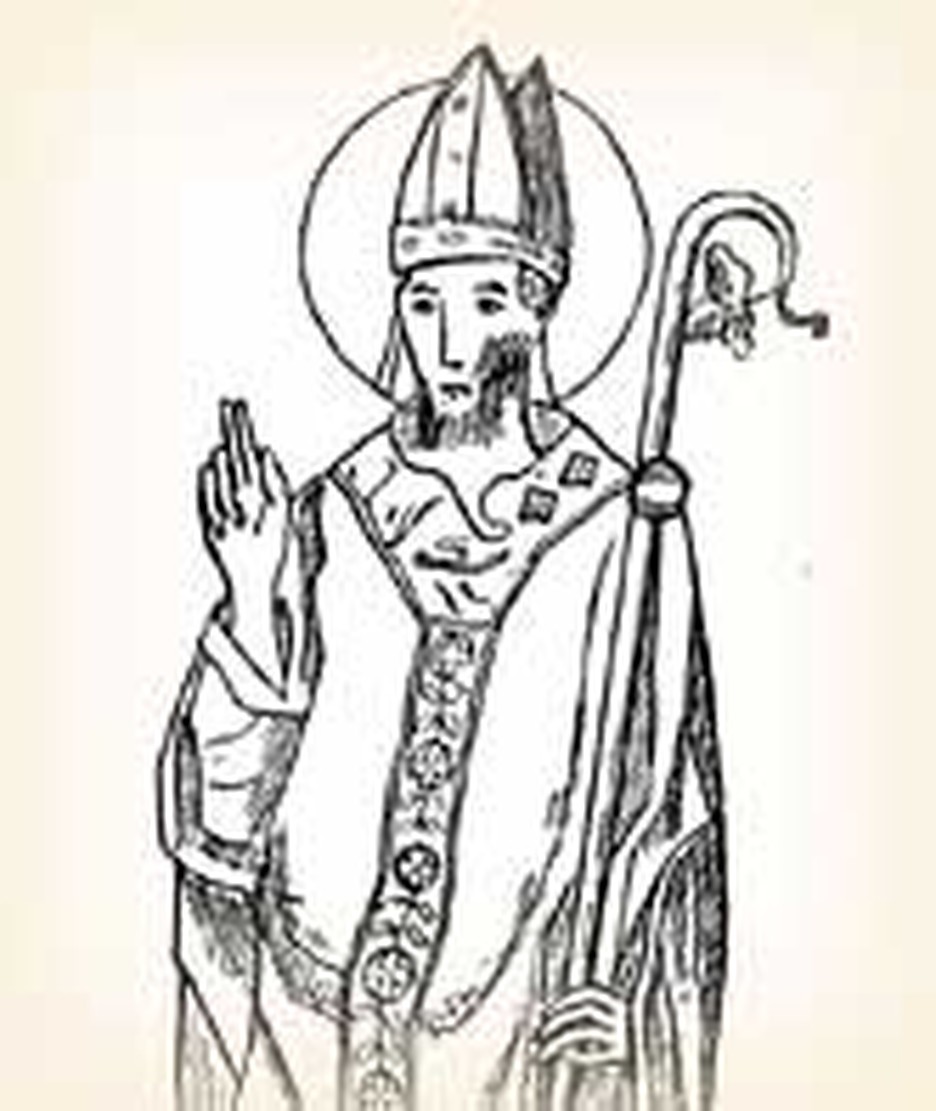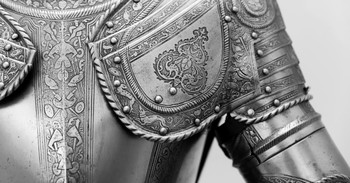
Chad waded hip-deep through the biggest controversy of seventh century England and never let it defile him. His place in history began when his oldest brother, Cedd, died of plague. Chad took Cedd's place as abbot of Lastingham in 664.
At the time, English Christians were divided. Irish Christians entering England from the island of Iona, evangelized the north. Roman Christians centered on Kent evangelized the south. The two traditions differed, most notably in their observance of Easter.
The person who became the chief spokesman for the Roman tradition was Wilfrid. When he was appointed as Bishop of York, Wilfrid rejected consecration at the hands of Celtic Christians and went to Gaul (France). He was gone for years. Rather than leave the see vacant, King Osway appointed Chad in Wilfrid's place. One bishop of the Roman church and two from the Irish tradition consecrated Chad.
Wilfrid finally came home, but had to retire to Rippon because Chad had his see. Earlier, Osway called a conference at Whitby to settle once for all which tradition England would follow. The conference chose the Roman.
Shortly after this, the pope appointed Theodore of Tarsus as Archbishop of Canterbury. Theodore decided that Wilfrid, not Chad was the rightful bishop of York.
Chad did not make a fuss. "If you decide that I have not rightly received the Episcopal character, I willingly lay down the office; for I have never thought myself worthy of it, but under obedience, I, though unworthy, consented to undertake it."
Impressed with the bishop's humility, Theodore convinced Chad to stay on as a bishop, consecrated him by the Roman rules, and sent him to England's middle kingdom, Mercia.
Aiden had taught his priests to make their rounds on foot so that they could chat with common folk on their own level. Chad followed this advice. He slogged everywhere on foot.
To prevent him from wearing himself out, Theodore presented Chad with a horse. When Chad refused to mount it, Theodore lifted him onto the horse with his own arms. Chad gave in graciously and found the animal was indeed a big help to him now that he was older.
In 672, Plague again stalked England. Many died of it. One day, Chad was praying at home. A monk named Owini heard singing in the sky near where Chad was praying. The singing lasted about half an hour. Afterward, Chad told the monks that he'd had learned in a vision from heaven that he was about to die.
Shortly afterward he took ill with the plague. On this day, March 2, 672, seven days after his vision, Chad died. He was immediately considered a saint. In time, the people of Mercia would dedicate over thirty churches in his name.
Bibliography:
- Burton, Edwin. "St. Ceadda." Catholic Encyclopedia. New York: Robert Appleton, 1908.
- Butler, Alban. Lives of the Saint. Various editions.
- "Ceadda." Dictionary of National Biography. Oxford, 1964.
- "St. Chad." http://www.saintchads.org.uk/stchad.htm
- "St. Chad, Bishop of Mercia." http://www.dur.ac.uk/StChads/chad.html
- "St. Chad, Our Patron Saint." http://www.chch.anglican.org.nz/linwood/chadpatr.shtml
Last updated June, 2007


